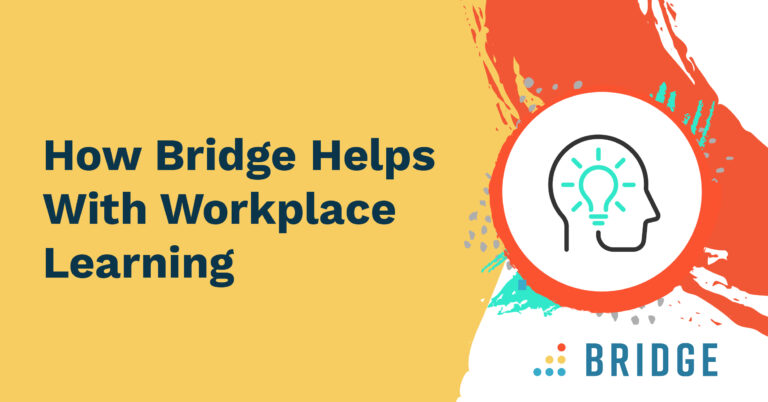As I’ve seen Instructure grow from 200 to over 1,200 employees, I’m continually engaged in career conversations. As a team, we spend a lot of time looking at how we can help all our employees have meaningful interactions and discussions regarding their career growth and development. Do managers have the tools and support they need to provide mentorship and guidance? Do employees here at Instructure feel like they have a clear path forward?
Recently, we commissioned the Harris Poll to conduct a national survey of 1,433 full-time employees at 310 organizations. When it comes to the career journey, 77% of employees report they believe they are on their own to determine their career development. This research confirmed my own findings in working with employees and managers at Instructure. Employees want to know they are on track and managers or mentors want to give them the guidance they need – both sides just need the right tools to ensure the right conversations happen.
Forming meaningful connections between coworkers and colleagues, and facilitating productive conversations between employees and managers, is key to developing and remaining engaged throughout our careers. More than 40% of employees rank mentoring as one of their top three professional development priorities. Executing a successful mentoring relationship doesn’t come without its challenges. Here are some steps companies, mentors and mentees can take to ensure that advice on career, work, and trajectory is exchanged in a meaningful and productive way.
Companies: Help People Connect Through Skills
Mentors often have a wealth of knowledge to share and can help a mentee navigate new experiences or learn new skills. Identifying what someone wants to learn and connecting them with a person who can teach that skill establishes a strong foundation for a potential mentor/mentee relationship.
Mentors: Make Time for Frequent Conversations
When it comes to mentoring, less is definitely not more. With busy schedules and endless to-do lists, it can be hard to find time for meaningful conversations with your mentee. But it’s important to prioritize these meetings and establish regular check-ins.
Mentees: Track Your Progress
Mentors and mentees invest a lot of time in their relationship, so it’s important to make sure that time is being used to further career development. Identify learning opportunities, set goals, and celebrate accomplishments. Establish agendas for your interactions and keep track of your progress throughout the relationship.
Today’s employees want to connect, share and learn from others. And, they want to feel like they are investing their time in a company that cares about them. The mentor/mentee relationship is a great way to fulfill this want while also furthering career development goals.
As HR leaders, proactively facilitating these types of relationships helps reinforce your commitment to developing your employees’ unique potential.
Jeff Weber, Instructure’s EVP of People and Places, presented at the HR Tech Conference on the Ideas & Innovators panel on Friday, October 4. Get our top insights from HR Tech here.



